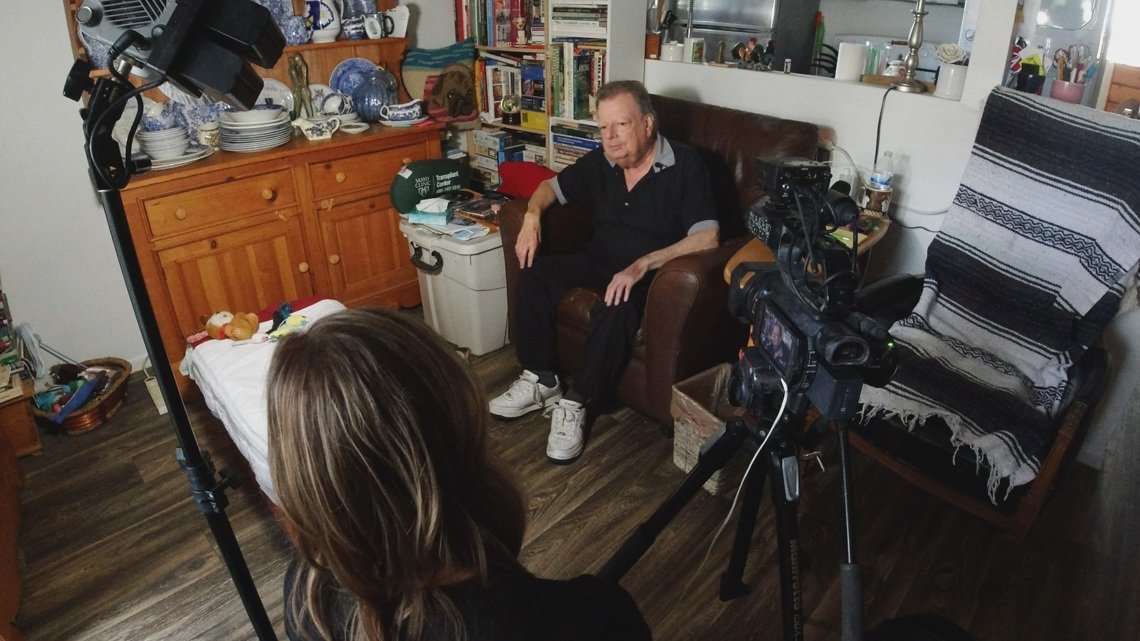arizona
Arizona Man’s Kidney Transplant Leads to Just $23 Monthly Food Aid

PHOENIX — Sid Levin’s journey in the Valley has been marked by both medical and bureaucratic challenges. After relocating for a kidney transplant, Levin now faces financial difficulties exacerbated by the Arizona Department of Economic Security’s (DES) assistance protocols.
“It’s been much harder with the DES than anything medical I’ve gone through,” Levin remarked, reflecting on his struggles with the agency.
His wife, Patricia, has taken on the role of primary caregiver since their move, facilitated by former client Mike Dalager. Dalager has been instrumental in covering their living expenses, including rent and utility bills.
While the couple successfully obtained Social Security benefits, they hoped Supplemental Nutrition Assistance Program (SNAP) benefits would alleviate their grocery costs. However, the process has been anything but straightforward. Levin described the lengthy visit to the local DES office, which involved waiting over an hour only to receive more paperwork that was subsequently lost by the office.
Upon a recent review, DES delivered a shockingly low determination of $23 for the month. “I said, ‘Excuse me? For two people to live on? $23?’” Levin recalled in disbelief.
DES explained that this amount is the minimum benefit and is influenced by any additional financial support, such as that provided by Dalager. “My answer to that was, ‘Well, that’ll get you a meal at Chick-fil-A, and that’s it,’” Dalager commented.
Dalager highlighted the irony that Levin’s eligibility for more assistance is hindered by the very help he provides. “It’s unfortunate that I would have to abandon them, basically, in order for their monthly stipend to increase,” he said.
In response to inquiries from 12News, DES maintained that all aid is calculated based on household income and expenditures. Brett Bezio, a DES spokesperson, noted, “Nutrition Assistance benefits are calculated by taking the applicant’s household income and expenses into consideration.” He explained that the average benefit for a two-person household is about $372—significantly more than what Levin received.
Levin feels the system is flawed. “Just because somebody helps you, it eliminates your ability to get any assistance? That’s not right,” he stated.
As Levin navigates the appeal process regarding his SNAP benefits, he clings to hope for a better outcome. “Hopefully I’ll bounce back, and I won’t need any help from anybody because I never did,” he said, expressing a desire for self-sufficiency at 66 years old.


















